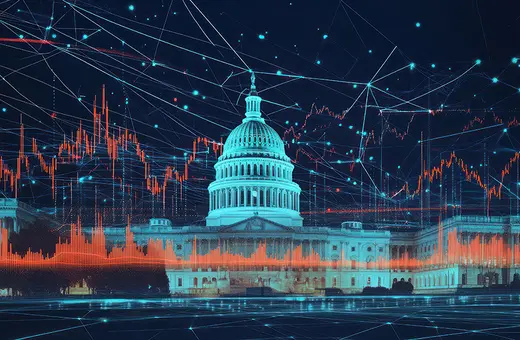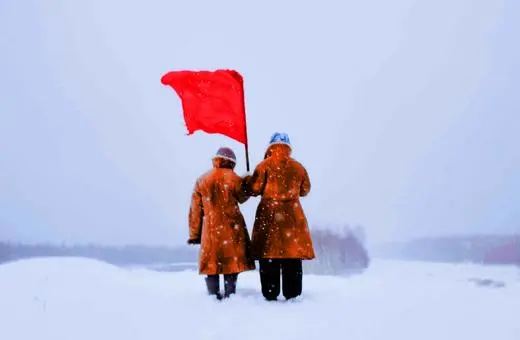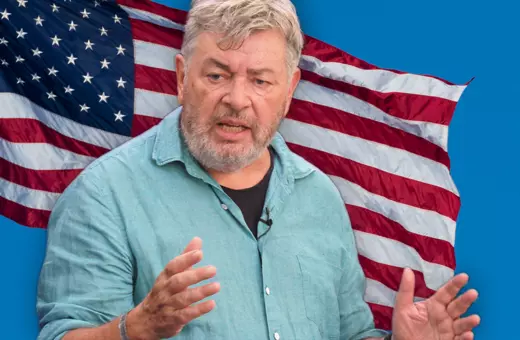Who owns which land, possibly surprisingly and tragically in the 21st century, remains a central and violent contemporary question. With almost all of North America's native population decimated after the European invasion, Dale Turner argues we must honour indigenous languages, storytelling, and deep-seated connections to the land. His call to action highlights the urgent need for a different approach to resolving land disputes, rooted in cultural understanding, reconciliation and a revolution in modern law.
My mother, Ann, is English. She was born in Exeter and raised in Plymouth until she was 18. Then, she headed to Canada to experience living in another part of the world. She joined the Canadian Air Force and my father, Ron, an Indigenous man from a small Anishinaabe community in northern Ontario. My parents’ personalities are as different as the cultures that they came from. I turned out to be a curious amalgam between my introverted British mother and my extroverted Anishinaabe father, of which I am only now beginning to make some sense.
My father made a career in the military, and we ended up living in various places around Canada and the United States, the average posting lasting about three years. Despite this itinerant lifestyle, I grew up returning to my grandfather’s home on an island on Lake Temagami, Ontario. My grandfather, whose generation was the last to speak Anishinaabemowin before speaking English, lived most of his 86 years on and around the lake. The territory “on and around the lake” consists of fourteen traditional family territories of the Teme-Augama Anishinaabe, whose homelands of close to 10,000 square miles our people call “N’dakimenan”. While spending my summers with my grandfather during my teenage years in the 1970s, our young Chief, Gary Potts, along with a small group of community leaders, including many of our respected Elders, was pursuing the resolution of a claim that began with the implementation of the Robinson-Huron Treaty in 1850 (of which we were unknowingly included). Our argument was simple: we did not sign the Robinson Huron Treaty in 1850, and therefore, we still considered ourselves to be the rightful owners of n’daki menan. This belief eventually led to Chief Potts registering a “land caution”, a legal device that froze all development, until the courts could settle the issue of who possessed legal title over the ten thousand square miles of N’dakimenan.
___
The language we used to understand and articulate who we were as Anishinaabe had evolved into an uneasy relationship between Anishinaabemowin and English – our self-understandings were rooted in our Anishinaabe traditions yet, if we were to win our case in Canadian courts of law, these explanations had to be articulated in English.
___





















Join the conversation